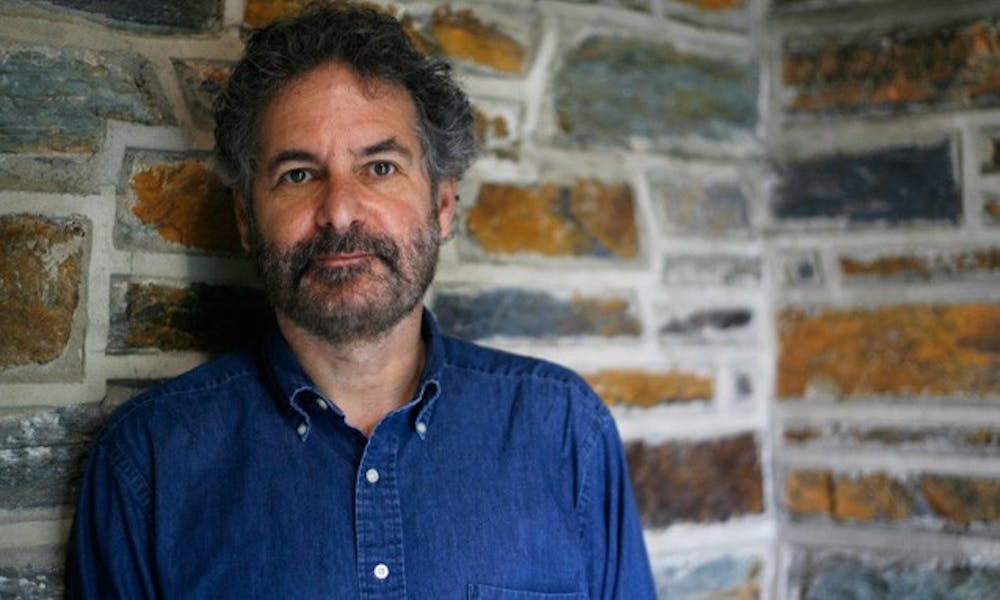For more than 20 years, Duke alum Daniel Ellison has worked in the Triangle area as an attorney and advocate focusing on the arts. At Duke, Ellison teaches “Legal Issues for the Performing Arts” and “Non-Profit Cultural Institutions,” both cross-listed among several departments. Recess’ Michaela Dwyer interviewed Ellison to get a perspective on his unique pairing of law and the arts.
Recess: It seems like you’re involved in so many things; if you could give yourself an all-encompassing title, what would it be?
Dan Ellison: This begs the question of how we define ourselves in general. But I’m a lawyer who’s involved in the arts from a legal and non-legal perspective.
R: Tell us a little bit about yourself and your academic and professional work.
DE: Ever since I’ve been a little kid I’ve been interested the arts—specifically photography. When I graduated that’s what I thought I was going to be. Somewhere along the line after taking courses for my folklore degree [at UNC], I decided to go to law school. This is getting back to how you define yourself. The arts are as important to me as civil and human rights issues, and having law a degree [enabled me] to help people in a very pragmatic way.
Later, through directing the Mordecai Historic House in Raleigh, I started to go to museum law conferences, and joined the NC Volunteer Lawyers for the Arts. I also opened up a co-op gallery with two other Duke alums in downtown Durham in 1978 called the Art Loft.
DE: Another parallel path is the theater. I’ve worked with local theater groups, advising them on issues of obscenity and non-profit formation.
R: Being at Duke as a student and now as a professor, what differences do you observe with regard to campus arts culture?
DE: The Nasher has changed Duke and the arts dramatically. This year is the first there’s been an MFA; Theater was not a department when I was in school. There are probably 10 times as many student organizations that are somehow arts-linked. It’s really easy to say that there’s a lot more arts activity at a really high level.
R: How can you train yourself to be cool and collected when dealing with arts-related issues, which are often highly subjective?
DE: In all areas of the law, there’s so much specificity of issue and of precedent. When I’m wearing the lawyer hat, I’m not wearing the advocacy hat. But occasionally I’m in an advocacy role where you must bring in arguments that support your side of an issue. All of the fights that were going on in the ’90s over mostly gay and lesbian-related censorship in the arts— [NC Republican Senator] Jesse Helms was at the forefront of all of that, and I was advocating for anti-censorship and funding issues.
R: You’ve consistently committed yourself to the Triangle arts community rather than that of a larger city, such as New York. What has kept you here?
DE: It’s a very comfortable place to live and be involved in. The scope of the arts that exists here is as broad as any big city. You can be in New York and there’s a thousand things to do, but you’re only gonna do one thing, or nothing. Here, there may not be a thousand, but there’s probably ten [within the Triangle], the quality will be excellent and you’ll probably get a better seat.
R: What advice would you give students who are invested in the arts and also interested in non-profit work?
DE: If you love it, do it. You’ll find out a way to make it work.
Get The Chronicle straight to your inbox
Signup for our weekly newsletter. Cancel at any time.

